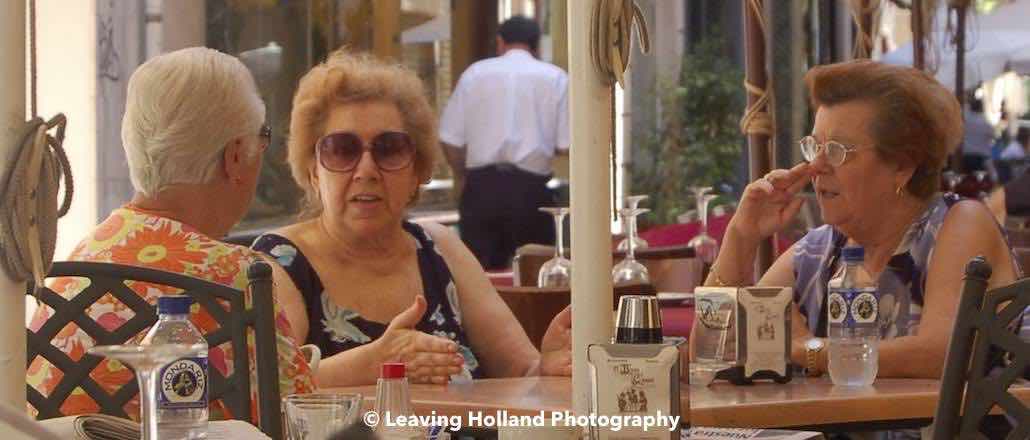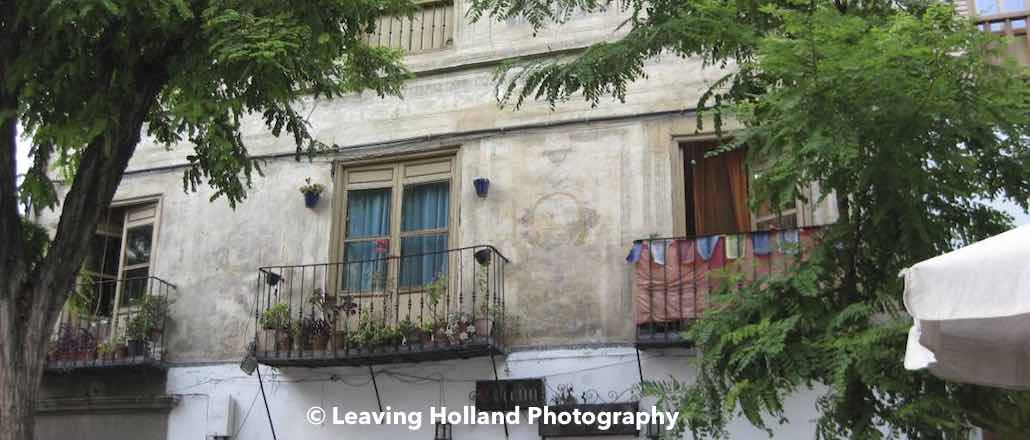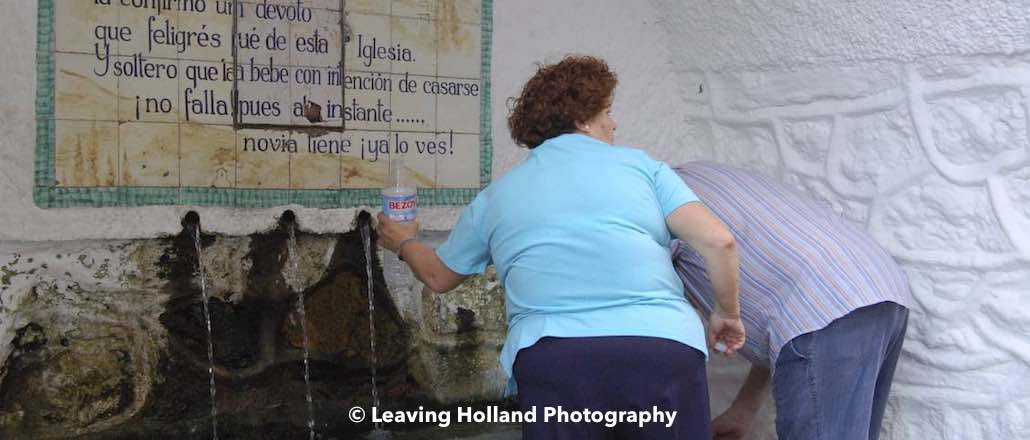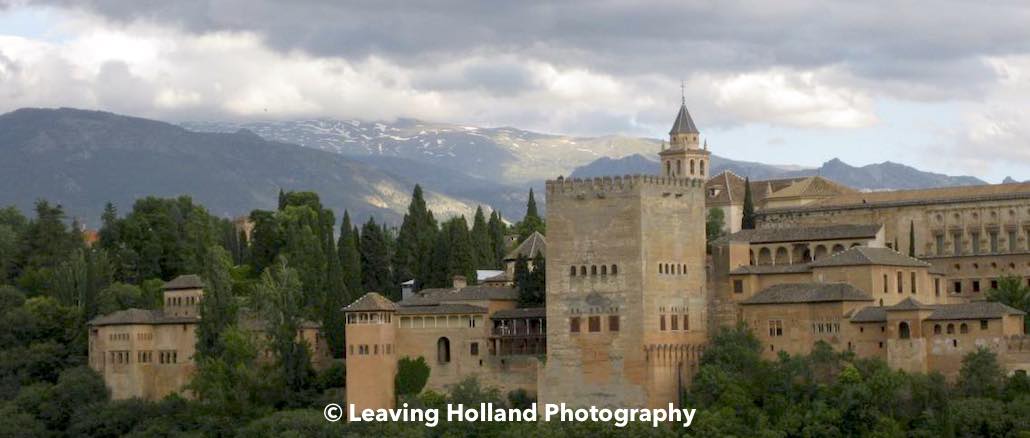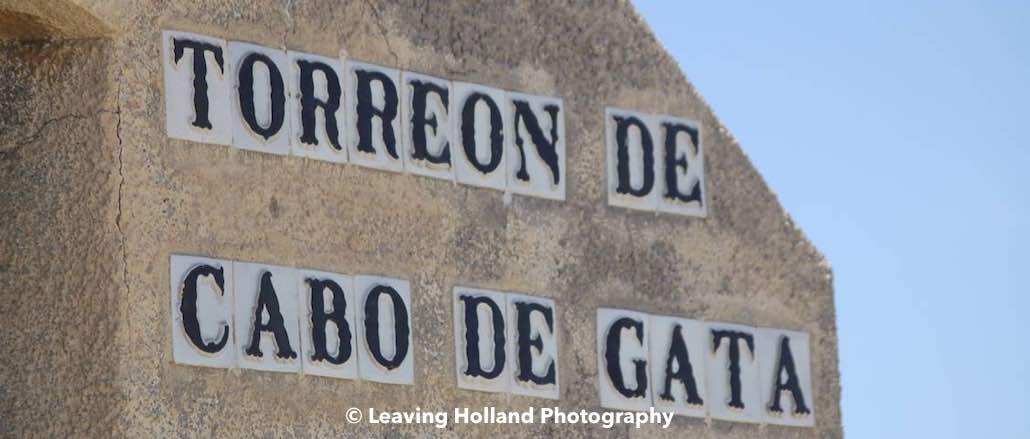
I want to live in Spain
For Europeans it is easy to move to Spain, the European Union and Schengen Zone offer free travel to its citizens. That makes it hassle-free to just move to another country and start a life there. The only rules one has to follow are the rules of departure from your home country or country of present residence and the registration in the new country of residence.
For Spain, that means that once you are in that country longer than 3 months, you register at the local government and get a Tax number, and become a resident of Spain. That includes paying taxes and being able to apply for Spanish government health insurance.
For people coming from outside the European Union or Schengen Zone, you might need to apply for a Schengen visa. This visa allows you to travel all over the European Union on 1 visa, within 90 days. However, if you wish to work, study or live longer than 90 days in a country in the Schengen zone, you must apply for a visa in the country of your choice.
For more information on a Schengen visa click here
Living in Spain
Many people dream of a life in Spain, especially people from Northern Europe. Tired of the long dark winter days they long for the Mediterranean atmosphere and climate. Dreaming of strolling through picturesque villages while flamenco music sounds around the corner or from a small taverna that serves delicious tapas and local wines.
Spain with its rich culture can easily and in almost every village, take you back into the time of the Moorish building the Alcazar and Alhambra and the days of the explorers that roamed the oceans looking for new land.
Because of all that, Spain is one of the top tourist destinations in Europe.
I have traveled a lot in Spain and now ready to stay a little longer. But for sure Spain, like any other country will frustrate me with its traditions I do not grasp, or bureaucracy I cannot stand. At least I speak the language, unlike my time in the Philippines where they were supposed to speak good English and I was struggling with Bisaya and Tagalog a lot depending on which Island I was staying on.
On Floating Coconut website I do not try to ruin your dream of burst your bubble, but I want to be realistic. Too many people out there vlog, write, and present your life over the border as being all peaches and roses. And it is not. It can be frustrating as hell sometimes and drive you nuts. Nevertheless, it is about the pursuit of happiness, and you have to find a way to deal with it in the most positive way possible.
All I try to say is: be aware that every country has its negatives, as that every country has its positives. You might want to leave your country for a certain reason that makes you fed up with it, to find another thing that bothers you beyond imagination in another country. Life is never perfect, there are too many outside factors that influence our life on the globe. But when there is a balance, life can be very close to perfection.
Like my time on Siquijor Island, Philippines, I lived so close to paradise that I sometimes hesitated to leave the island for a shopping trip or a road trip. My bubble was very comfortable there, and leaving meant I had to deal with port authorities, endless lines at ticket boots and snoring, burping and farting fellow travelers on too small a ferry with too little fresh air.
I hope you see the picture I try to present.
So Spain might sound like an endless Sangria pitcher, but I’m sure after the tourist phase wears off the country will hit you in the face at some point. Be prepared for that.
Daily life in Spain
In Spain, people work to live. So much different from my home country where we lived to work. A life I decided to leave behind in 2015. Because I can set my own working hours I can do as I please, as long as I finish projects in time. So my life is pretty comfortable when it comes to spending time outside. In Spain the sun in summer does not set until 10 in the evening, so you have the feel of long summer days, which almost seems endless. In the evenings Spanish are outside, they sit in parks, on street benches, eat outside and walk the boulevards and city squares. But that is only done after a long day of work. In Spain, people get a 2 hours lunch break, and most working hours go past 7 pm.
That is, if they have a job, with unemployment rising in Spain a lot of people do not have a job and live in poverty. So if you think about finding a job in Spain, reconsider. Even people with university degrees or plenty of work experience are unable to find a job. Any job.
The Cost of Living in Spain
Spain is an affordable country, although the housing prices are going up, especially on a property for sale, it is still affordable to rent a house in Spain, depending on the area you choose to live. Please be aware that most tourist areas have 2 seasons and therefore have different prices, in high season you pay a lot more for an apartment than in low season and when you rent per year they will make you an average rent of those 2 periods.
It is more affordable when you rent a place away from the city centers or tourist places.
Spain is a country that (outside the tourist areas) offers a lot of free food when you buy a drink. I remember having a stopover from a day trip in a small village in the north, getting a whole plate of gambas for free with a beer that only cost me 1,50 euro. More price indications: You can have lunch in Granada for example around 10 euros if you order the ‘plato del dia’ or menu del dia (day menu). Check out Numbeo.com for accurate prices in the area you choose to live in.
When you happen to run into a back street square where there is an open-air restaurant that might be even cheaper. I remember in the old town of Granada I sat at a long table with all kinds of people enjoying a meal prepared in a small kitchen across from that table for only 6 euros. You have a choice of 2, no menu, drinks are available plenty, but the choice of food is limited.
The average salary in Spain is like everywhere in Europe, people earn 1,500 euros to 3,000 euros on average (before taxes)
The annual income is around 20.000 euros – 40.000 euros after taxes for an average job. Highly specialized jobs will pay around 60.000 euros per year after taxes. Of course, there are people that earn a lot more, but they have a profession that earns more everywhere in the world (lawyers, doctors, real estate agents…etc. )
Lifestyle in Spain
People in Spain work to live, they have a very relaxed style of living. Nobody seems to be in a rush and almost everything shuts down between noon and 2 pm. Siesta time. Afternoon naps. In rural areas it is like there are no people anymore, whole villages turn silent during those hours. And all the hustle and bustle of the early starting days has quieted down.
Same on Sundays, the strict Roman Catholic country shuts down on Sunday. Only churches are a spot of activity but shops offices and such are mostly closed. Restaurants will open later than on a weekday.
The slow pace of living is a nuisance when you need paperwork done, especially by the government. When you go to a bank, post office, or notary, expect to wait. And wait, and wait…….staff prefers chatting among each other before attending to you, even in shops and restaurants.
Climate in Spain
Despite the sunny photos on Google Images, it is not always warm in Spain. Actually, depending on where you are going you might find the need for gloves and can use your skies. In Sierra Nevada for example, A mountain range in the south, there are ski resorts and some pretty difficult slopes to do some serious winter sports. And in a few months per year when you are lucky you can go skiing in the morning and visit the beach in the afternoon. (the Sierra Nevada to Almeria Coast)
Weird but true: Spanish houses are more build for summer than winter. With thick walls to keep the heat out, they are damp and cold in wintertime or during rainy periods. The single glazed windows and roofs without isolation make the heat you gain from a wood stove or electric burner disappear into the city air. Better wear sweaters and trousers inside and keep an eye on your heating cost.
Speaking Spanish
I am refreshing my Spanish as I type this article. I use an app called DuoLingo, it is free and teaches me Spanish in a few minutes per day. Anywhere you have internet you can use the app and it is nice to do the written and spoken exercises while waiting somewhere.
The Spanish language is beautiful. It is a language of passion. People use hands and facial expressions to emphasize their meaning and emotions. because it is a passionate language it is very common in Spain to use a lot of swear words. Words like:
- Joder (F**k, including the middle finger)
- Mierda (Shit)
- Qué Cabrón (the Bastard)
- Los Cojones (Bullshit)
Words my app doe no teach me.
Same with sentences like:
Me cago en Dios (I shit on God) or ” me cago en todo lo que se menea” (I shit on everything moving).
And we all have heard in some random Spaghetti Western of Mexican movie the famous “hijo de puta” (son of a whore, or ‘son of a bitch’)
- Tonto, or “tonto del Culo” means Idiot
- Puta Madre (motherf**ker)
And there are plenty more. Some related to religious rituals others to cultural words from other regions. So you have to be a little streetwise what to swear where.
The language is not so difficult to learn, the most difficult is the male/female usage of verbs I get it wrong all the time, but when you try to speak Spanish and you know your way a little around the language the Spanish will love you for it. Even if you use the verbs in the wrong gender.
Since most older Spaniards do speak little English or are shy to use it, it is wise to learn a little, to start a conversation, and break the ice.
